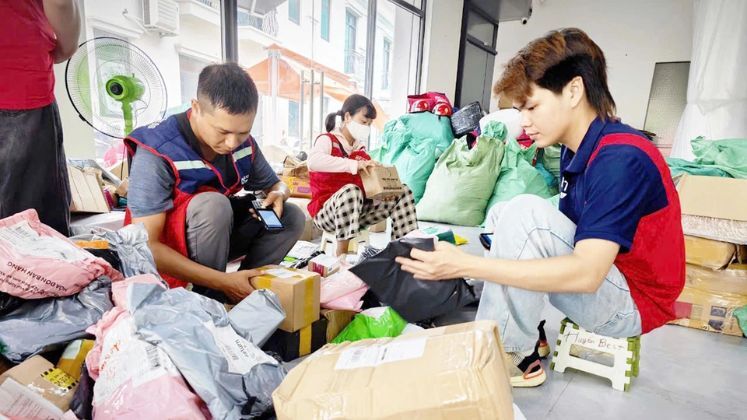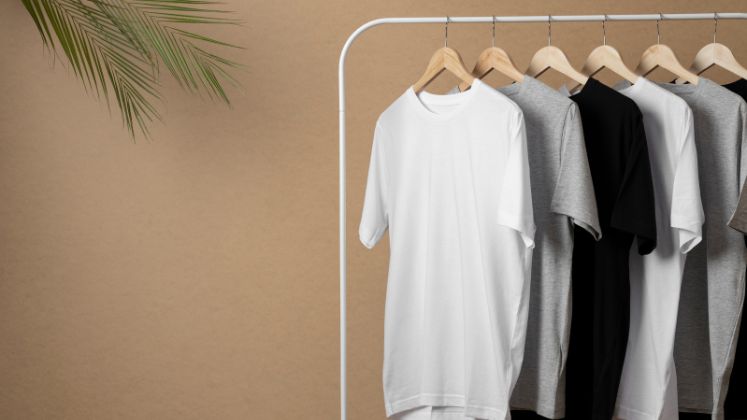
The influx of inexpensive clothing and accessories from Chinese e-commerce sites like Temu, Taobao, and 1688 is putting more and more pressure on Vietnamese fashion businesses. Many local firms are finding it difficult to compete on price and quality as a result of this inflow.
Affordable options are attracting more and more Vietnamese consumers, as many buy apparel and accessories at lower costs than local merchants. It has been difficult for local enterprises to hold onto their market share due to the competitive pricing, which is frequently made possible by large import expenses.
Once dominated by sites like Shopee, Lazada, and TikTok Shop, the Vietnamese retail business has seen a dramatic change due to the quick ascent of Chinese e-commerce behemoths. Many Vietnamese businesses are under pressure to slash their prices as they struggle with the intense competition, which will undoubtedly have a significant negative impact on their profit margins.
The CEO of Meet More Vietnam Co. Ltd., Nguyen Ngoc Luan, voiced worries about how Chinese goods would affect domestic manufacturing, saying that the competitive advantage that Chinese goods possess due to subsidies and strong logistics is a major obstacle.
The heat is especially felt by fashion merchants. Similar annoyances are felt by retailers like Phuong, who import apparel and accessories from China, as they struggle to compete with Temu and Taobao.
Experts advise Vietnamese firms to concentrate on raising the calibre of their products, boosting post-purchase support, and streamlining logistics to cut expenses in order to strengthen their position. In order to improve efficiency and streamline operations while delivering items to customers, there is additional support for investing in specialised e-commerce warehouses.
Furthermore, maintaining domestic production and retailing is seen to depend on the establishment of a regulatory framework that protects local businesses.
In order to reduce the dangers associated with domestic competition, Luan advised Vietnamese companies looking to expand internationally to diversify their export markets, focussing on possible growth regions including India, Southeast Asia, Europe, and the US.
Since Bangladesh has been experiencing an unstable climate due to worker demonstrations and the subsequent overthrow of the Sheikh Hasina administration, Vietnam is becoming a more attractive destination for international clothing firms as a rival to Bangladesh.






